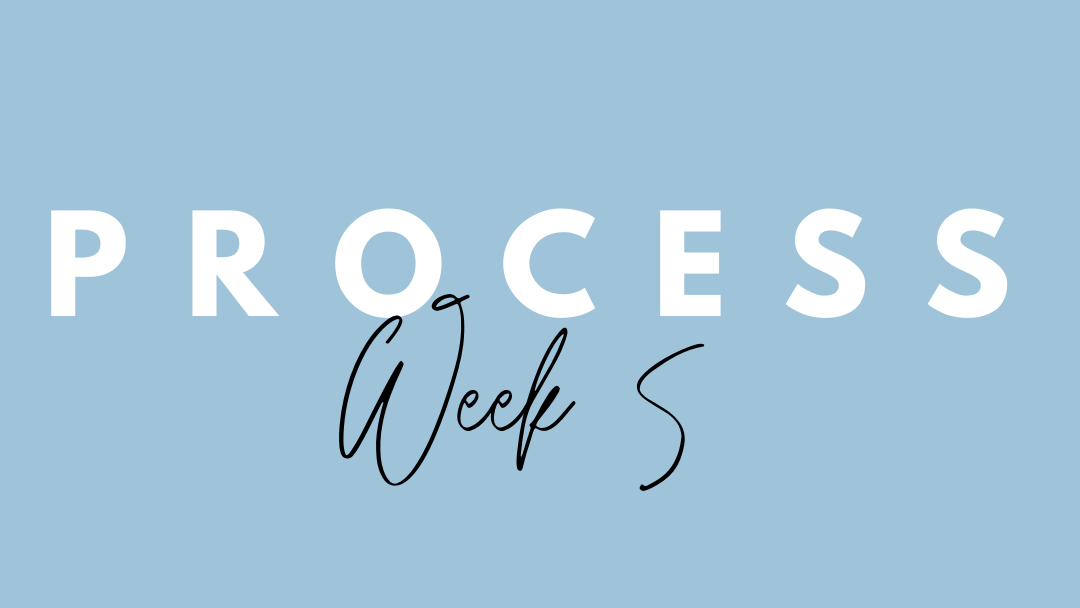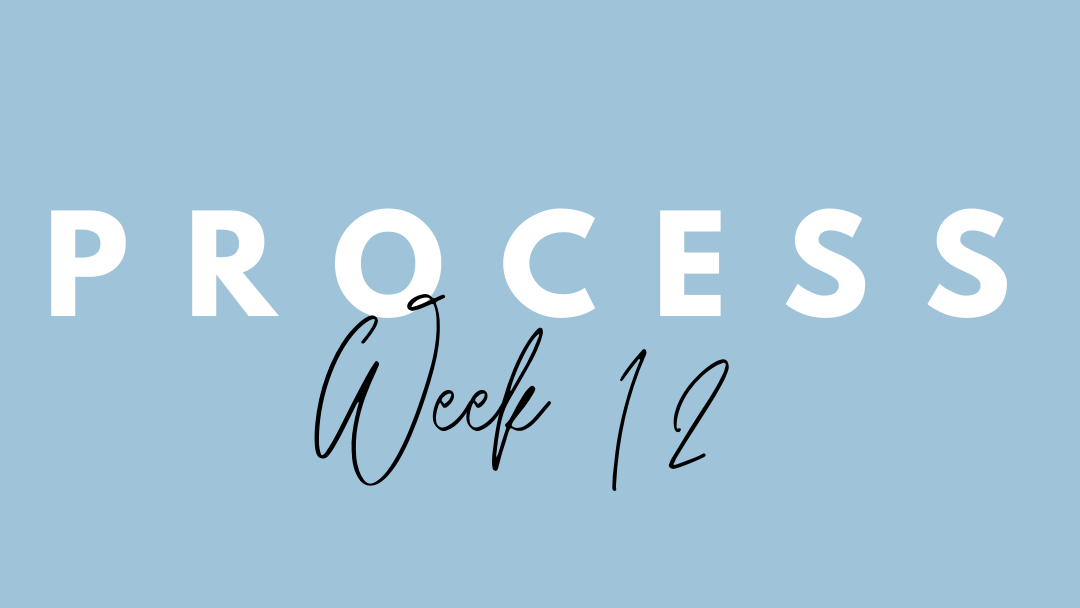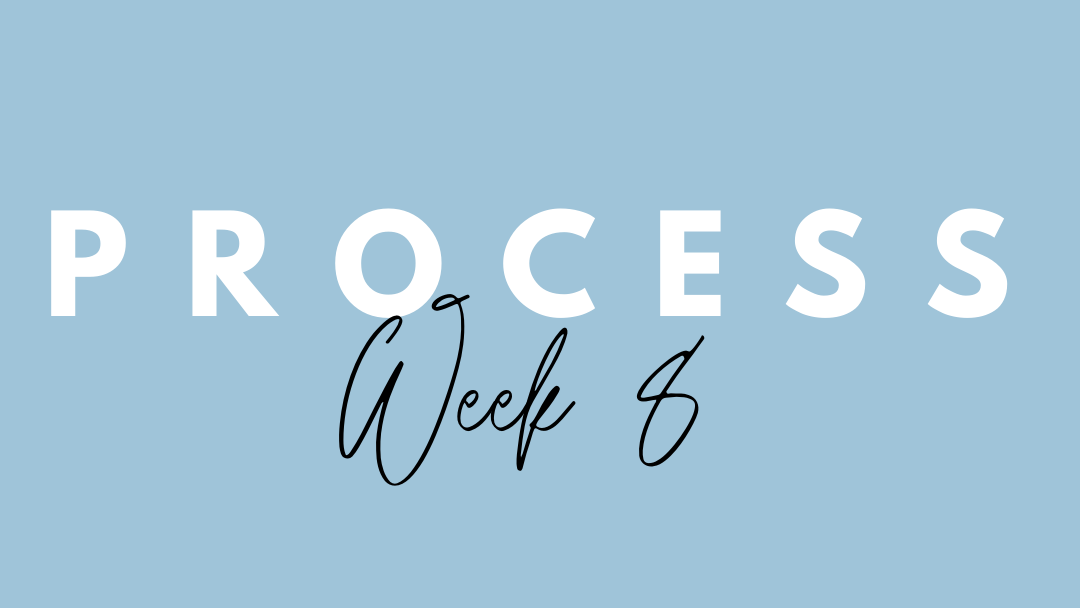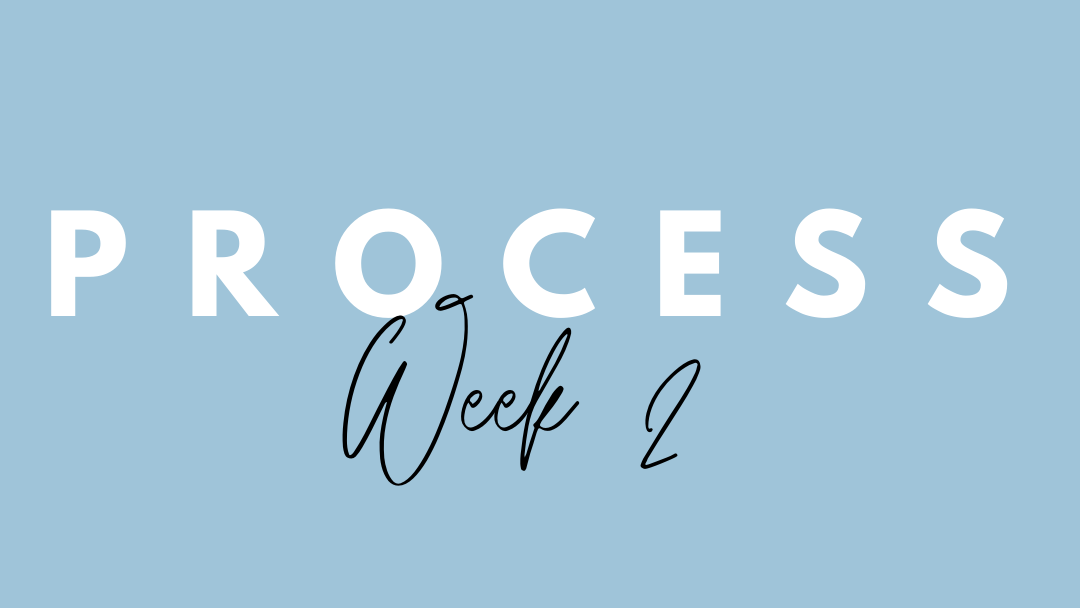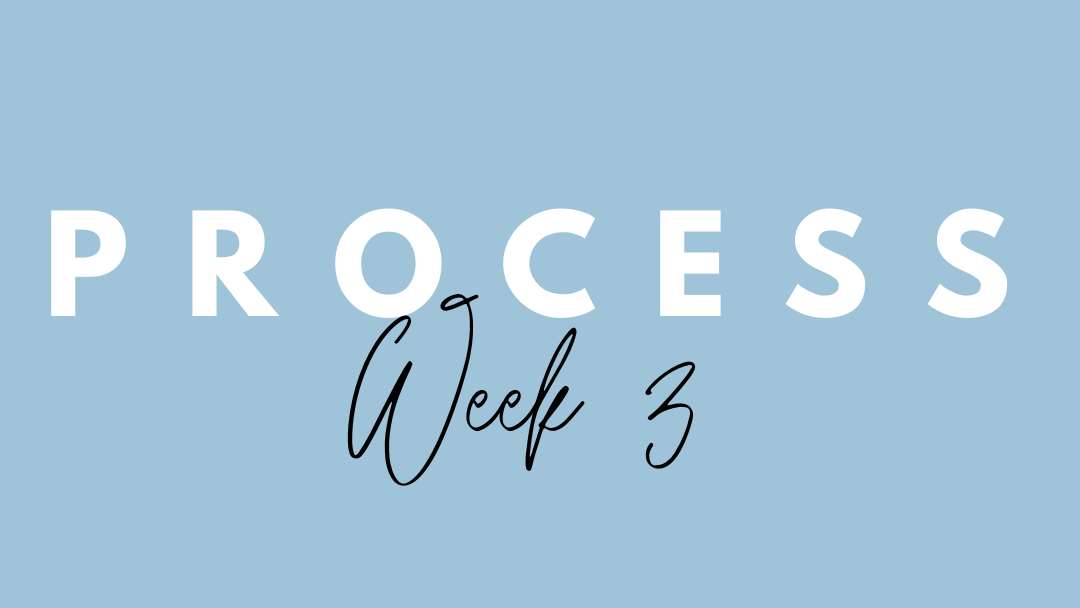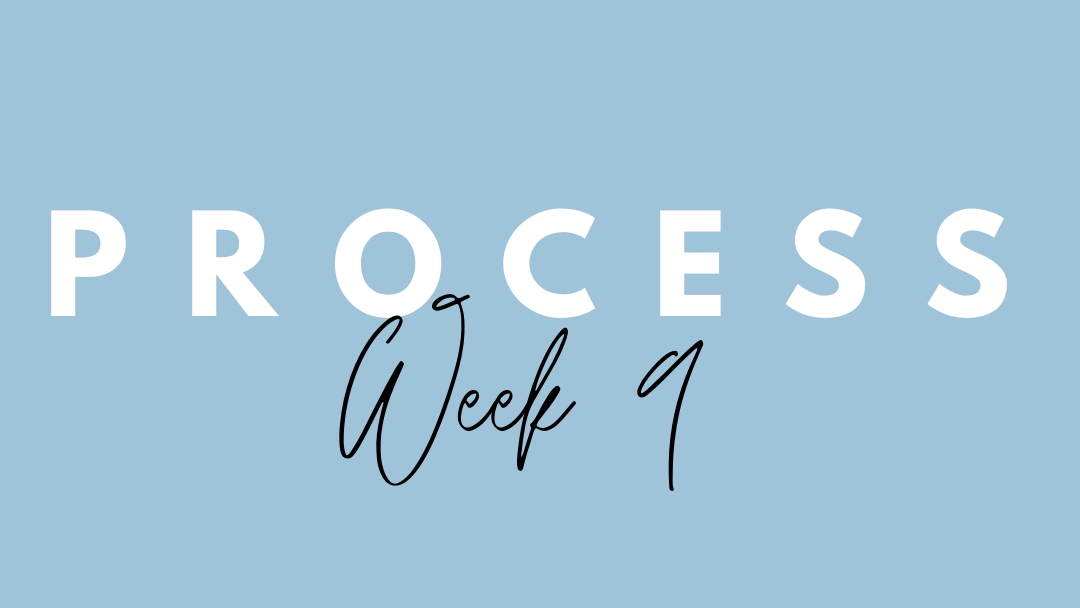1:1 w Dan Takeaways
- What is the role of AR in eliminating Anti-Asian Immigrant Hate Incidents and what is the role of social media in activism. People don't want activism to be a brand
-What can you tell along a path - instead of telling a poem more of a timeline. Have an AR experience where the users get a story while walking along a path. An example of this is History of NYC on the ground of broadway.
I need to narrow the scope of the realization - what is a realization that strikes you - is it history - is it a portrait
-Figuring out what my AR toolkit is
-Do more reading of Asian American writers there is a lot of people talking about Asian Americanness - use this to connect to AR strategies you have (Jay Caspian Kang, Min Jin Lee, Việt Thanh Nhuyen, Mark Tseng Putterman, Asian American Feminist Collective)
Realization
I did a lot of research on the Asian American Feminist Collective and I found a lot of their work really inspiring. Especially their zines. Their goals are pretty similar to mine: to continue interrogating and defining the Asian American Feminist Movement as well as producing different spaces and resources to build stronger coalitions, connect people in the Asian American community, and produce new ideas. After reading their stories, I instantly felt a connection to them which made me realize that this was the spark I needed for my project. I want to focus on the Asian American Feminist Perspective in relation to the increase of AAPI hate incidents. I reached out to them on setting up a meeting to see how my project can help continue the work they have been doing over the past few years. When I started this project, I wanted to focus on individual people's stories because that is how I became super interested in activism. I think I want to go back to that. My conversation with Dan made me realize something super important, people don't wan't activism to be a brand.
Project Update
Thesis question: How can Augmented Reality on Social Media be used as a medium to encourage people to participate in the Asian American Feminist Movement?
Prototype Idea:
- A history of Asian American Feminism and the important woman who helped paved the way. It would be create in AR where there would be portraits of Asian American woman and and as you walk towards them, more portraits pop up in a sort of timeline. When you click on the portrait you can learn more about them. At the end of the experience will be facts about Asian American Hate Crimes. It also might be interested to make it location based so you can only see certain people in certain locations whether that be a lcoation important to the person or a location that is significant to the movement. Another idea I had was to "re-write" history so maybe showing these infographics in place of statues or portraits of harmful history figures.
Research
Asian American Feminist Collective - A Letter Against the Creation of an Asian Hate Crime Task Force by the NYPD
We do not support any initiative that expands the power of police nor do we believe in carceral responses to address racist violence. Our communities stand to face greater harm because of police.
In all these ways and more, the police and prison industrial complex hurt our communities. “Culturally specific” police reforms will not help our communities.We also oppose the uses of hate crime legislation to further expand systems of criminalization.
What do we need instead? Instead of investing more resources in the NYPD, our communities need anti-violence infrastructures that don’t replicate or support systems that cage and dispose of people.
Jay Kaspian Kang - We Need To Put a Name To This Violence
The recent attacks on Asian-Americans have unearthed the contradictions and questions beneath America’s impoverished understanding of race. To solve the problem, we must first learn how to talk about it.
What exists, instead, are videos that show Asians being attacked in cities across the country. Viral outrage usually requires sustained propulsion: One video usually isn’t enough because it can be written off as an isolated incident, but two videos released just days apart, both showing horrifying acts of violence, can create a narrative.
If left to fester, this reactionary anger will only harden into a reactionary nationalism that will threaten vital community and organizing work and turn one race against another
Tina Tchen, Min Jin Lee, and Sung Yeon Choimorrow - Tales of Racism and Sexism, From 3 Leading Asian-American Women
Atlanta Massage Parlor Killings - The suspect now charged in the killings, a 21-year-old white man, told the police he had a “sexual addiction” and said the spas were an outlet for something “that he shouldn’t be doing,”
About three in 10 Asian-Americans — a number higher than those of any other groups surveyed — reported that they had been subjected to slurs or jokes because of their race or ethnicity since the start of the coronavirus outbreak, according to a Pew Research Center survey of nearly 10,000 Americans in June 2020.
Researchers suggest that harmful stereotypes about Asian-American women as hypersexual, meek or submissive make them seem like easy targets.
We have a very narrow definition of hate crime, actually, and Asians don’t even fit in the paradigm. And let’s be clear, targeting people because they’re women isn’t really anything that people think is a hate crime either. But it is.
he fragmentation within the AAPI community is by class, by ethnicity, it’s East Asians versus South Asians versus Southeast Asians. There’s a lot of historical prejudice even within the AAPI community. It’s complicated, it’s intersectional. And we need to think about it in a complex way.
Viet Thanh Nguyen - What the Asian-American Coalition Can Teach the Democrats
The category “Asian-Americans” is not natural, for people in Asia do not typically imagine themselves as Asians, but rather tend to identify with specific nationalities or ethnicities.
Asian-Americans have built this political coalition not in spite of identities, but because of identities. Their success is a rebuke to those who denigrate “identity politics” and call for emphasizing class over race or identity.
A crucial lesson of the Asian-American coalition is that although celebrating diversity can sometimes draw attention away from issues of economic inequality, that does not mean that a focus on diversity, difference or identity ignores economic inequality.
Dr. Rachel Kuo and Erique Zhang - Making Asian American Feminist Politics
AAFC came out of an event series around Asian American feminism after the 2016 presidential elections and ongoing tokenization of women of color in the name of ‘diversity and inclusion’ during the 2017 Women’s March.
Our current model now includes 5 people and we primarily focus on media-making (zines and an online storytelling platform) and community building (events, gatherings, talk circles, etc) as ways to facilitate political education.
Moonroot - An Exploration of Asian Womyn’s Bodies
an ongoing collective project about race, gender, and bodies created by Sine Hwang Jensen, Amy Dewan, Sun Hashmi, Marilla Li, monna wong, Jess Kealiihoalani Toshea Mease, jackie wang, mai c. đoàn, linda nguyễn, and Bhanu Kapil.
Specifically, the latest zine on care and coronavirus zine was a way to practice rapid response in a way that’s driven by longer-term movement visions, which is a recurring observation from interviews I’ve done with community organizers about technology, information, and movement building.


